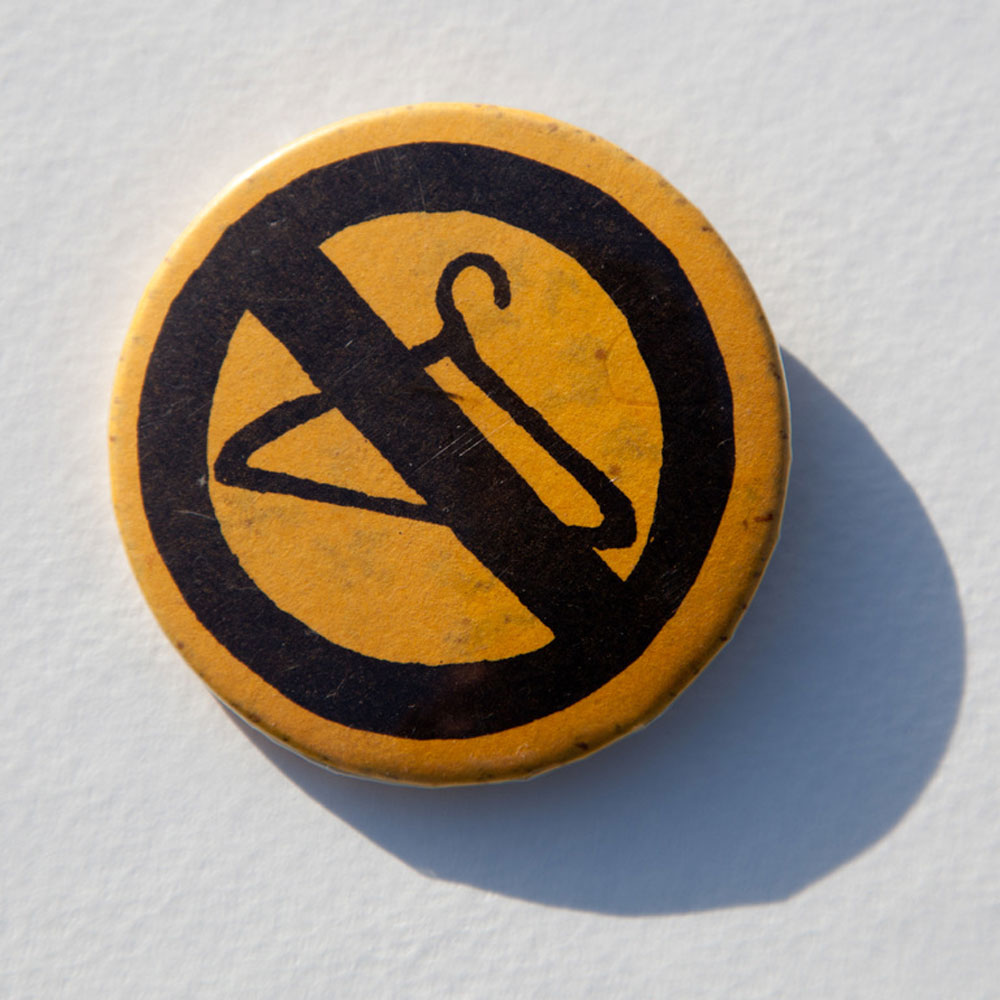
March 25, 2020; Texas Tribune, The Root, and New York Times
The COVID-19 virus has pulled state legislatures in many directions. One might hope that they would place the health and safety of the populations in their states front and center. But if you live in Texas, Ohio, Mississippi, or Louisiana, your hopes would be dashed. Abortion is again at play in these states.
Texas and Ohio have included abortions among the nonessential surgeries and medical procedures that must be delayed in order to preserve needed hospital medical equipment and supplies during the Covid-19 crisis. Abortion rights activists are crying “foul” and in the case of Texas have said, “We will see you in court.”
Walking back Texas Governor Ted Abbot’s original statement on postponement of nonessential surgeries, Texas attorney general Ken Paxon clarified that the order included “any type of abortion that is not medically necessary to preserve the life or health of the mother.” Fines of up to $1,000 or 180 days in jail would apply to those who did not comply.
What was not clear in this order was if this would apply to medication-based abortion, which is often used in early stages of pregnancy and requires no surgery. Health authorities in Ohio have acted similarly to Texas, and there is another tug-of-war in that state between the pro- and anti-choice groups.
Abortion rights activists and supporters contend that abortion is an essential procedure and is time sensitive. They are supported by the American College of Obstetricians and Gynecologists, a respected society of medical professionals, that issued a strong statement that supported keeping abortion as an essential surgery. It said, in part:
Sign up for our free newsletters
Subscribe to NPQ's newsletters to have our top stories delivered directly to your inbox.
By signing up, you agree to our privacy policy and terms of use, and to receive messages from NPQ and our partners.
While most abortion care is delivered in outpatient settings, in some cases care may be delivered in hospital-based settings or surgical facilities. To the extent that hospital systems or ambulatory surgical facilities are categorizing procedures that can be delayed during the COVID-19 pandemic, abortion should not be categorized as such a procedure. Abortion is an essential component of comprehensive health care. It is also a time-sensitive service for which a delay of several weeks, or in some cases days, may increase the risks or potentially make it completely inaccessible. The consequences of being unable to obtain an abortion profoundly impact a person’s life, health, and well-being.
Texas state abortion rights groups have been joined by national groups in seeking a temporary restraining order, with the hope that a more permanent injunction will follow. Because the ban on procedures was clarified to include abortion clinics, more than 150 appointments were canceled at two clinics in Fort Worth and Austin. While these clinics are trying to help these women get care in other states as the lawsuit proceeds, Amy Hagstrom, president and CEO of the clinics, says that the governor’s order had created “a health crisis on top of a health crisis.”
Mississippi’s state government is also seeking to restrict abortions during the pandemic. In the Root, staff writer Joe Jurado takes the state to task. Jurado writes, “I understand that we’re in a crisis situation…but this feels particularly exploitative, especially in the case of Mississippi Governor Tate Reeves. He’s dragged his heels on issuing any kind of stay at home order and instead seems content on praying the virus away. If he was that concerned about the impact the virus would have on his state, he’d be issuing a lockdown, not focusing on who’s getting an abortion.”
And don’t look to the federal government for leadership. In the stimulus bill passed last week to fund the nation’s needs around the COVID-19 crisis, anti-abortion legislators managed to bury measures in the bill that could block Planned Parenthood and other small abortion providers from receiving stimulus funds. Small business loans could be denied to these nonprofits, and the Hyde Amendment (baring the use of federal funds for abortion in most cases) is tacked on to the bill in a part dealing with regional stabilization, some 600 pages into the document.
Health care should always go to those who need it the most and to those whose needs are time-sensitive and cannot wait. Telling women seeking abortion to wait uses the COVID-19 crisis to put women’s lives, health, and safety at risk.—Carole Levine













